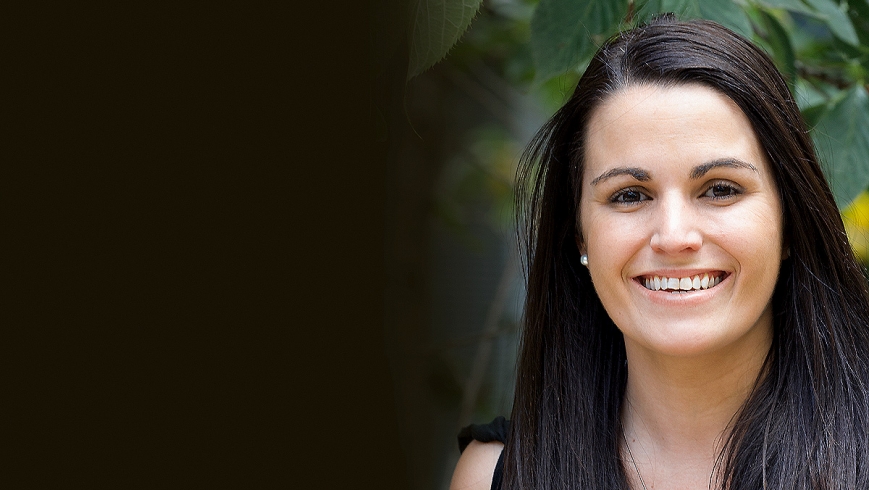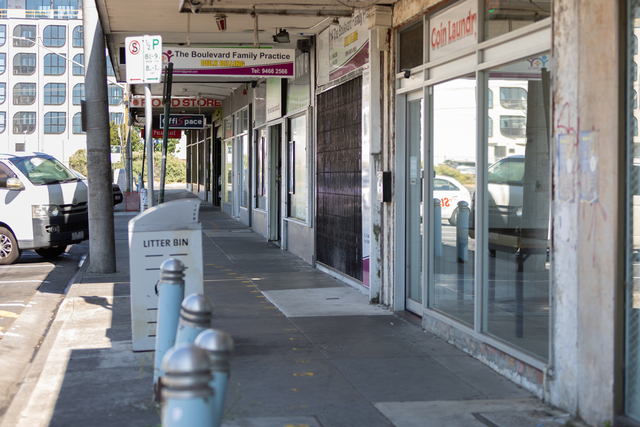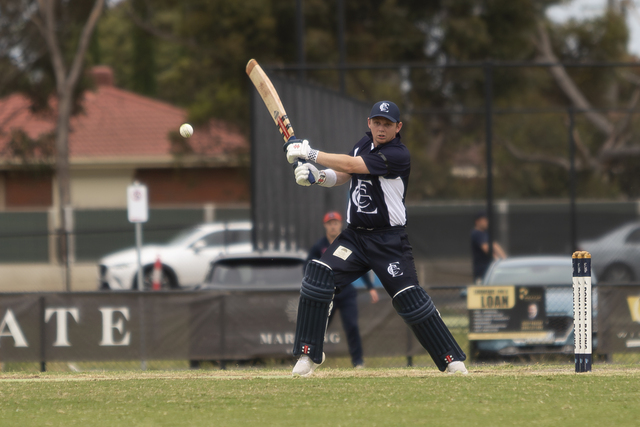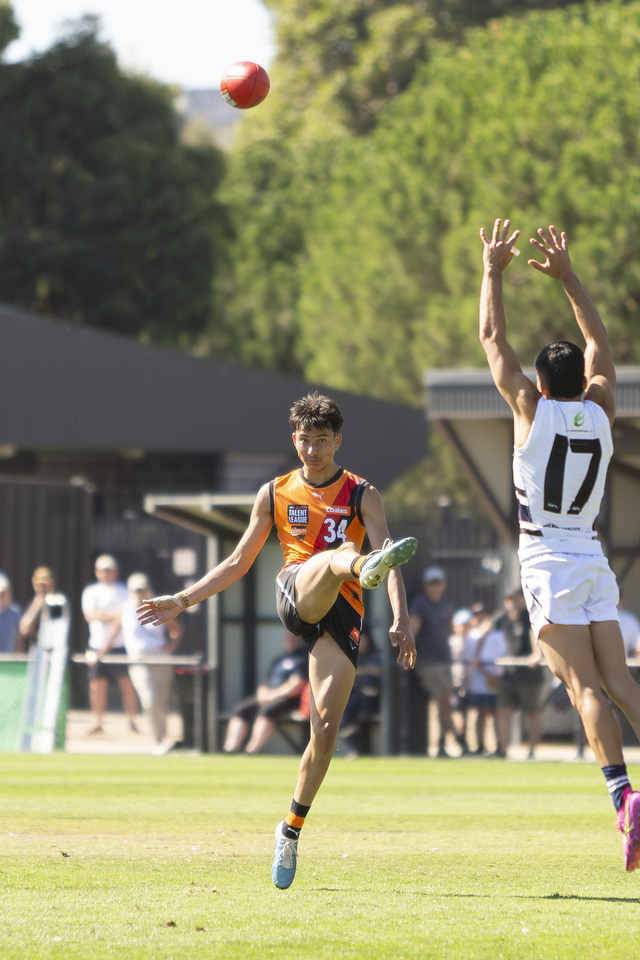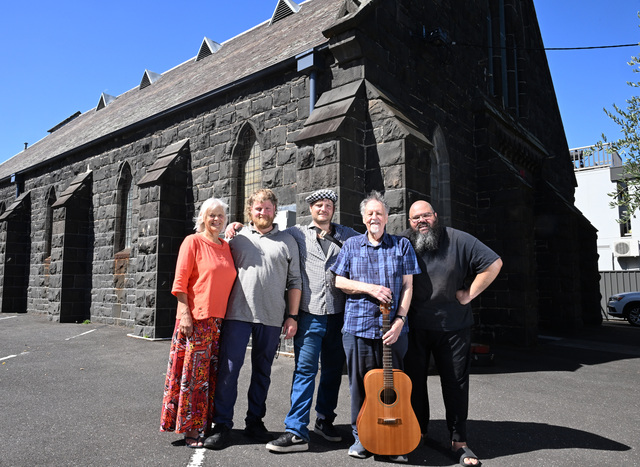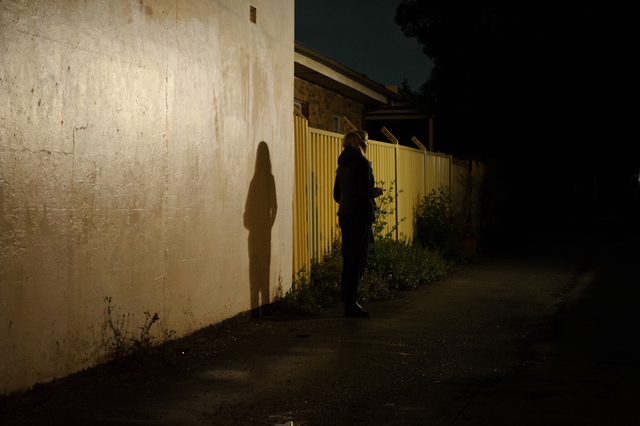Dr Kate Fitz-Gibbon is an accidental criminologist whose research has taken her to the Old Bailey and beyond.
AFTER finishing year 12, she enrolled in an arts degree at Monash University. When she had an extra elective to fill, Kate Fitz-Gibbon chose criminology.
“My parents remember that I always read true crime books in my teens – the ‘depressing stories’ as my mum referred to them,” she says. “I think those books fascinated me because they were so removed from my safe, comfortable life – it was that fascination for ‘the other’. So criminology seemed a perfect choice for that extra elective.”
Fast forward eight years and criminology has become Fitz-Gibbon’s full-time job. It has taken her from Deakin University’s Geelong campus to the Old Bailey, to the NSW parliamentary inquiry into the law of provocation and to Alabama to witness the acquittal of accused honeymoon killer Gabe Watson.
“When I started my degree, I was doing a lot of theatre studies, film studies and drama,” says Fitz-Gibbon. “But by the start of the third year, criminology was taking over and I was dropping the acting units – my parents were very relieved.”
Fitz-Gibbon says her switch from cameras to crime was partly prompted by her growing fascination with the workings of the law and with major criminal cases.
She refers to the killing of Julie Ramage by her husband, James – the case played out in Melbourne’s courts about the time she started university. In 2003, businessman Ramage killed his estranged wife at their Balwyn home.
He successfully used the defence of provocation – the last person in Victoria to do so before it was replaced with defensive homicide. Ramage served eight years of an 11-year sentence for manslaughter and was released from prison last year.
“I remember thinking that the stories in the media about the case were all about Julie and what she’d done and the fact she had a boyfriend. It was so skewed. Julie was put on trial and I didn’t understand why.’’
Fitz-Gibbon’s honours in criminology examined provocation in Australia and Britain. Her PhD, completed early last year, analysed provocation and defensive homicide in NSW, Victoria and Britain.
Fitz-Gibbon interviewed judges, defence lawyers, prosecutors and key people involved in policy-making. She believes defensive homicide as an alternative to provocation isn’t working as effectively as was hoped.
“It was primarily brought in for women, but the main beneficiaries of defensive homicide so far have been men who kill other men. We have more to do to get it right,” she says.
“But I felt very lucky to be able to do my research and to go into judges’ chambers in the Supreme Court of Victoria and to the Old Bailey. I went to the Royal Courts of Justice in England and interviewed the Lord Justice – the English accent made everything sound so official.”
While doing her research, Fitz-Gibbon also became interested in the Watson case. In 2009, six years after Tina Watson died while scuba diving with her husband, Gabe, he faced a Queensland court charged with her murder.
As part of a deal, he pleaded guilty to manslaughter by criminal negligence and served 18 months of a four-year sentence. On his release from jail, Watson was deported to the US. There he was again charged with murder, and was acquitted early last year.
Fitz-Gibbon and Melbourne criminologist Dr Asher Flynn were in the Alabama courtroom throughout the trial. “Gabe Watson has never put a defence forward and we think it would have been in the public’s interest – and in Gabe’s interest – for that defence to have been shown,” says Fitz-Gibbon.
“There are still a lot of lingering questions and a public perception that he’s guilty, even though he has been acquitted by a judge.
I don’t think either side – neither Gabe Watson nor Tina’s family – got justice.”
A week after arriving back from Alabama, Fitz-Gibbon was offered a lecturing position at Deakin University, where she lectures to first- and second-year crime and psychology students. She is also continuing her research on the pros and pitfalls of provocation.
“All the cases are tragedies and some hit harder than others. It is sometimes hard to leave work, to shut the door and to forget about what you hear and read,” she says. “You can get angry and worked up.”
For many years her escape has been rowing, a sport she fell in love with at high school. “I only stopped rowing recently,” she says. “I did row six or seven days a week – I was a cox – and I loved the regattas on the weekends. It was a different focus, something completely removed from crime.”
Fitz-Gibbon is also planning her wedding, although she admits there is a certain irony in choosing flowers and bridal gowns in her spare time and returning her focus to violent crime during the working week.
“Sometimes while I’ve been organising aspects of the wedding, people naturally chat and ask me what I do for a living and about my research, and then I have to say that I research men who kill their wives,” she says.
“But I feel very fortunate … when I dreamed of acting, the appeal for me was that it would be a job that I was passionate about, and instead I am now passionate about criminology. So there are parallels with acting for me. I feel pretty lucky that I’m able to follow my interests and to research questions that I feel need to be asked.”
A Second Chance for Justice by Dr Kate Fitz-Gibbon and Dr Asher Flynn, Cambridge Scholars Publishing, $39.90 from jeffreysbooks.com.au

